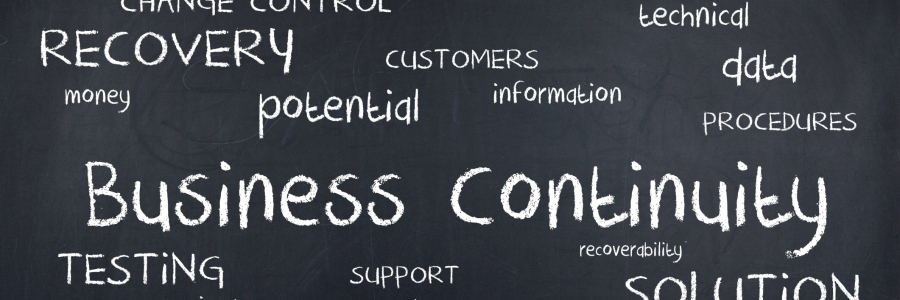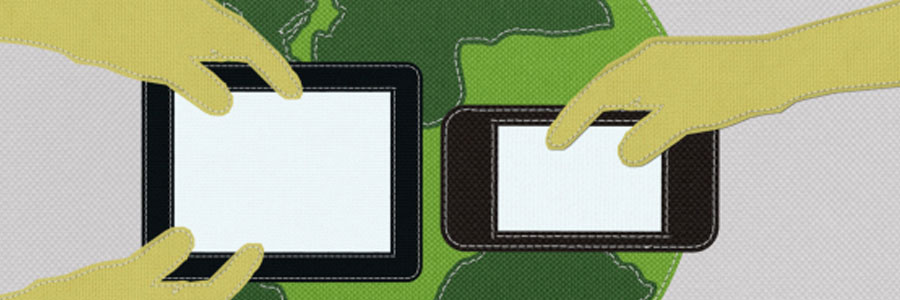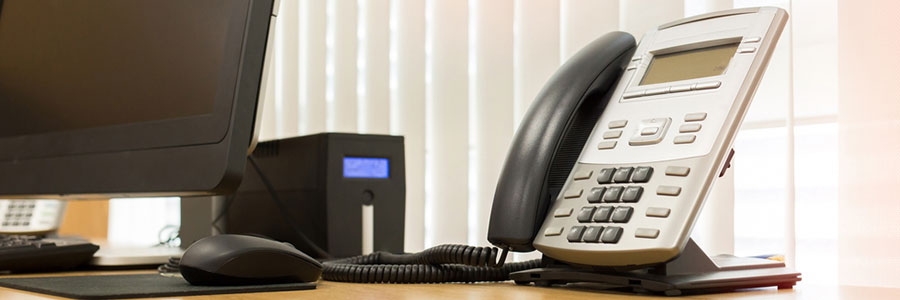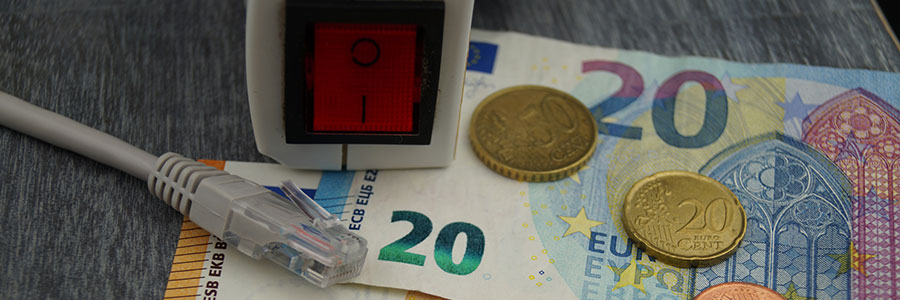If you think cybersecurity protection is only for large enterprises, think again. More and more cybercriminals are targeting small- and mid-sized businesses because of their lack of proper cybersecurity solutions. Viruses, ransomware, and other types of malware are also becoming more dangerous.
Blog
What are BYOD and CYOD?
The dangers of TDoS to your VoIP systems
Improve your customer reach with a well-designed website
5 Business continuity errors to avoid

Business continuity plans (BCPs) are designed to protect an organization’s critical data in case of a crisis. But there is more to BCPs than securing data; it also entails making sure employees are safe during a disruption. If you want an infallible business continuity plan, cover every base and avoid the following mistakes.
Security best practices for BYOD policies

Bring your own device (BYOD) policies give employees the flexibility to use devices they are comfortable with while allowing businesses to reduce hardware spending. However, BYOD also carries plenty of security risks.
Loss or theft of devices – Employees often bring their personal devices wherever they go.
6 Ways to save energy with your PC
Everything you need to know about business phones

Should you consider adopting new phone systems for your business? To help you decide, we've defined the various types of phone systems, their different life cycles, and technology options in the past and the present.
Different phone systems
Today’s businesses still use landlines to connect with various stakeholders, such as customers, investors, and suppliers, to service their needs.
Learn why you should only visit HTTPS sites

Everyone uses the internet daily for a variety of reasons: to work, shop, or communicate with other people. Browsing the internet has become so commonplace that we often forget to check whether the websites we visit are safe. Let this serve as a reminder: a website can be deemed safe if the website’s URL has an “S” after the “HTTP.” Learn why that “S” matters.
7 Steps to making your data hurricane-proof

Hurricanes are a common occurrence in many parts of the United States. Not only do they destroy property and endanger lives, but they can also disrupt your business’s operations. In this blog, we offer tips on how you can ensure fast access to your data following a disaster and immediately get back to business.





